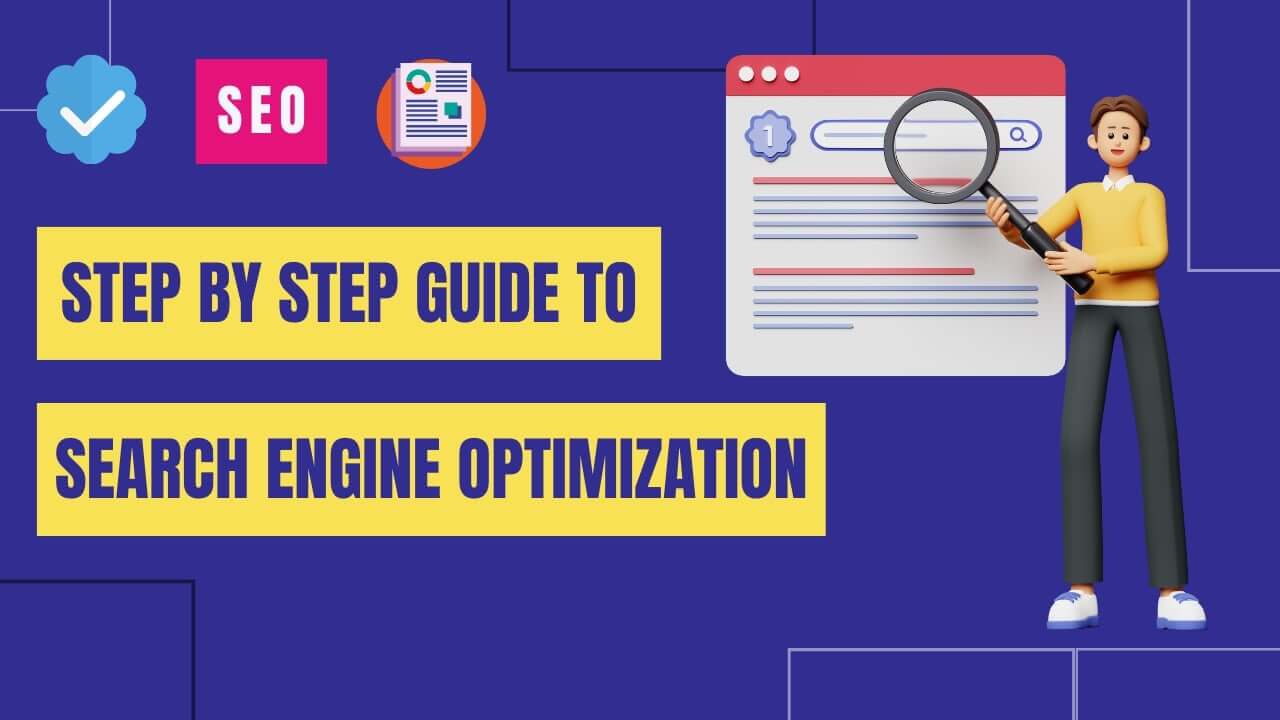In the ever-expanding digital realm, standing out as a blogger can be quite challenging. That’s where SEO comes into play. SEO, or Search Engine Optimization, is a set of strategies and techniques to enhance a website’s visibility on search engines like Google. Bloggers, in particular, can reap numerous benefits from mastering SEO.
In this article, we will delve into the fundamentals of SEO, explore its advantages for bloggers, and break down the different types of SEO, including on-page SEO, off-page SEO, and technical SEO.
Also Read: Unlocking the Power of On-Page SEO 2023: A Comprehensive Guide to Optimize Your Content
What is SEO?
SEO is the art and science of improving a website’s ranking on search engine results pages (SERPs). It involves optimizing various elements on a website to make it more search engine-friendly, ultimately driving organic (non-paid) traffic to the site. SEO encompasses a wide range of practices, from keyword research and on-page optimization to link-building and technical improvements.
The Benefits of SEO for Bloggers:
Increased Visibility: SEO helps your blog to be discovered by a wider audience. When your content ranks higher on search engines, more users will find and engage with your posts.
Quality Traffic: SEO not only brings more visitors but also the right kind. People who arrive via search engines are often looking for the exact information you provide.
Credibility: High rankings on search engines convey credibility and trustworthiness to your readers.
Better User Experience: SEO encourages a well-structured website with easy navigation and high-quality content, enhancing the user experience.
Cost-Effectiveness: Unlike paid advertising, SEO provides long-term benefits without ongoing expenses.
Different Types of SEO:
On-Page SEO: This type of SEO focuses on optimizing individual web pages to improve their search engine ranking. It involves elements like meta tags, keyword optimization, content quality, and user-friendly URL structures.
Off-Page SEO: Off-page SEO is all about building your website’s authority and reputation on the internet. This includes strategies such as link-building, social media marketing, and influencer outreach.
Technical SEO: Technical SEO deals with the backend of your website, ensuring that it’s accessible and understandable to search engines. Key aspects include website speed, mobile-friendliness, and proper indexing of your content.
1. On-Page SEO:
On-page SEO is the foundation of your SEO strategy. It involves optimizing various elements on your website, both visible and behind the scenes. Here’s what it encompasses:
Keyword Research: Identify and target the keywords and phrases your audience is searching for. Tools like Google Keyword Planner and SEMrush can help in this regard.
Content Quality: Create high-quality, relevant, and engaging content. Use your chosen keywords naturally within your content.
Meta Tags: Craft compelling meta titles and meta descriptions for your posts. These are the first things users see in search results, so they should be enticing.
Image Optimization: Ensure that images on your blog are appropriately named and have descriptive alt text. This improves accessibility and SEO.
2. Off-Page SEO:
Off-page SEO extends beyond your website and focuses on building your online reputation. Key components include:
Link-Building: Acquire backlinks from authoritative websites to demonstrate your blog’s credibility. Quality matters more than quantity in link-building.
Social Media Engagement: Active participation in social media can drive traffic and improve your brand’s reputation.
Influencer Marketing: Collaborate with influencers in your niche to expand your reach and credibility.
3. Technical SEO:
Technical SEO involves optimizing your website’s infrastructure for search engines. Key aspects include:
Site Speed: Faster-loading websites tend to rank higher on search engines. Compress images, minimize scripts, and use content delivery networks (CDNs) to improve speed.
Mobile Optimization: Ensure your site is mobile-responsive, as Google now prioritizes mobile-friendly websites.
Indexing and Sitemaps: Create a sitemap for your site and submit it to search engines. This helps search engines crawl and index your content efficiently.
Also Read: Unveiling the Power of Off-Page SEO 2023: Your Key to Ranking Success
Conclusion:
In conclusion, SEO is a powerful tool for bloggers looking to enhance their online presence and reach a wider audience. By implementing on-page, off-page, and technical SEO strategies, bloggers can improve their website’s visibility, credibility, and user experience. So, whether you’re a seasoned blogger or just starting your journey, investing time in understanding and implementing SEO can take your blog to new heights in the digital world.
